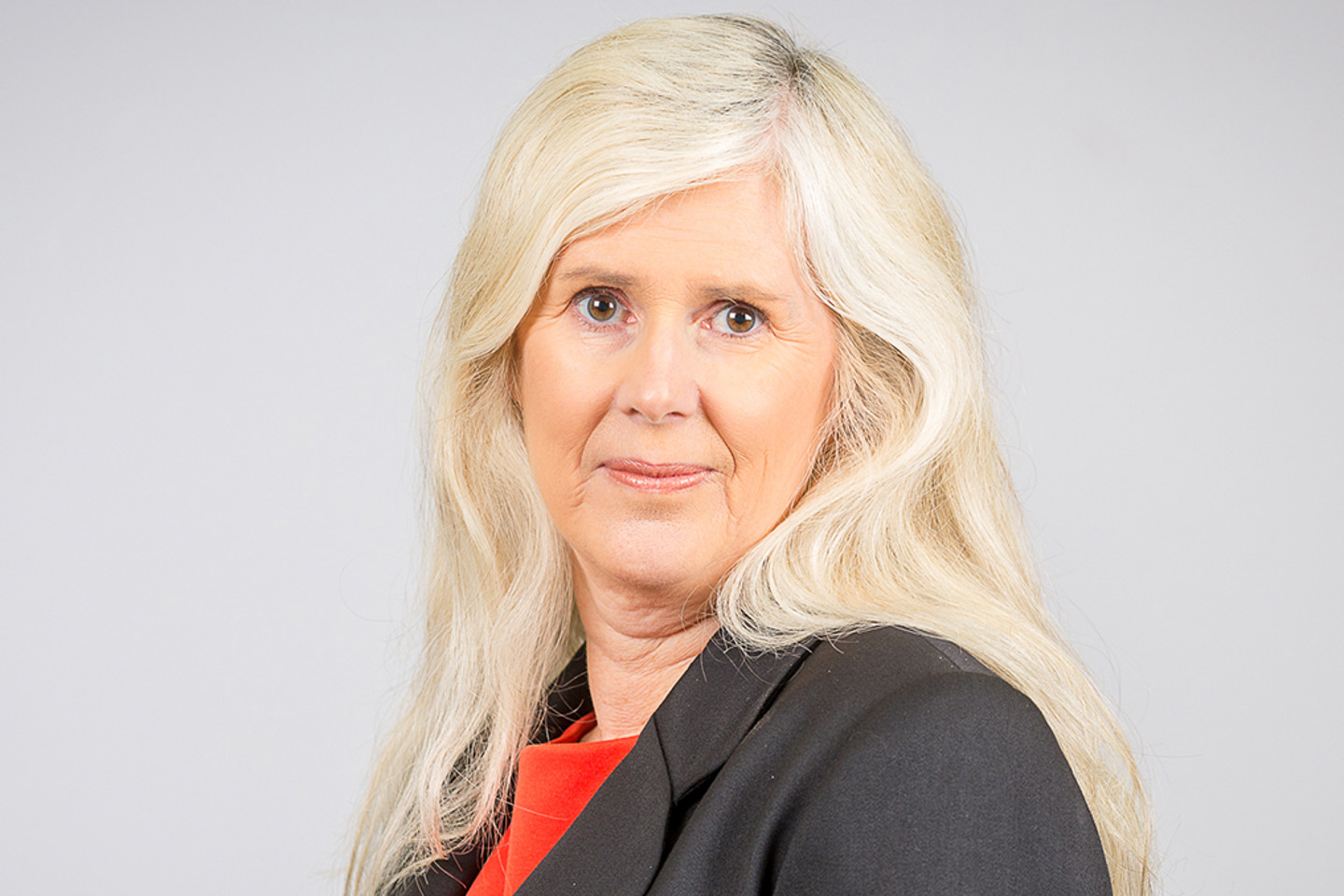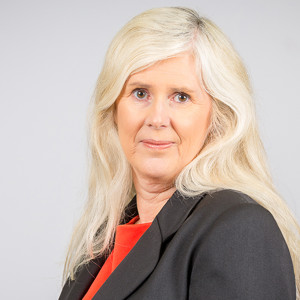
Jonathan Hughes
Partner | Legal
Jersey

Jonathan Hughes
Partner
Jersey
No Content Set
Exception:
Website.Models.ViewModels.Components.General.Banners.BannerComponentVm
Commonplace and understandable assumptions can result in unwelcome consequences if you die without making a will, say Ogier’s probate specialists, and particularly if you leave a ‘common law’ partner behind.
Coping with the emotional and practical aspects of the loss of a loved one is inevitably difficult and stressful. Thankfully, practical guidance is available through experienced and informative funeral directors, and emotional support is there for those who need it, from a range of organisations.
One of the most important things that you can do to help those you leave behind is to make a will. A will ensures, as far as possible, that your estate goes to those who you would wish to receive it, and that its distribution is not left to the rules of intestacy. Commonplace and understandable assumptions can result in unwelcome consequences, as you will see from the following scenario:
David and Kate have lived together at Highgrove for the past 15 years. Highgrove was bought in Kate’s name because David did not have residential qualifications at the time. A joint loan was used to buy Highgrove and, after they had both worked hard to reduce it, a small lottery windfall allowed them to pay it off completely. The couple occasionally thought about putting Highgrove into their joint names once David became residentially qualified but their busy working lives and three children meant that they never got round to it. Kate died last week, following a tragic accident.
Kate left a will
Kate left Highgrove to David, knowing that he would make sure that the children were well cared for and that it was left to them in the future. Her movable estate (i.e. all of her property other than Highgrove) was left to David. Kate knew that under Jersey law the children were entitled to claim 2/3 of her movable estate and that their appointed guardian may have to challenge for their share, but overall she was happy that David would have Highgrove, her most valuable asset, and at least 1/3 of her movable estate and therefore a home and financial security for himself and the children.
Kate didn’t leave a will
Kate and David had lived together as man and wife for many years, but Jersey law does not recognise anything other than a legal contract (i.e. civil partnership or marriage). Therefore, in succession matters, “common law” partners have no greater rights than a stranger. Without a will, Highgrove would pass to the children equally and David would have no right to any share of it or even to live in it. Highgrove might be kept as a family home whilst the children remained minors but this would depend on the wider circumstances. As and when Highgrove was sold the proceeds would be split between the children and David would not be entitled to anything. Similarly, Kate’s movable estate would be divided equally between her children, and David would have no entitlement to receive any part of it.
If the second scenario looks bad enough, and not what Kate would have wanted, consider the outcome if Kate had married Harry in her early 20’s and, whilst they had agreed to go their separate ways, they hadn’t actually divorced. If Kate doesn’t leave a will, Harry will be entitled to a quarter share of Highgrove, alongside each of the children. He would also receive the first £30,000 plus half of the rest of Kate’s movable estate, with her children sharing the remainder.
If Kate had left a will, Harry would have been entitled to claim life-enjoyment of 1/3 of Highgrove and 1/3 of her movable estate. David would inherit Highgrove subject to Harry’s life-enjoyment of 1/3 and be entitled to 1/3 of her movable estate.
Situations like this are many and varied and can cause considerable and long-lasting damage to family relations. Making a will does mean that we have to think about things that we might prefer not to have to consider but, for some, given the consequences of not making a will, it is one of the most important things that they could do for their own peace of mind and for those they leave behind.

Jonathan Hughes
Partner | Legal
Jersey

Jonathan Hughes
Partner
Jersey

Henry Wickham
Partner | Legal
Jersey

Henry Wickham
Partner
Jersey

Fiona Lilleyman
Probate Manager | Legal
Jersey

Fiona Lilleyman
Probate Manager
Jersey
Ogier is a professional services firm with the knowledge and expertise to handle the most demanding and complex transactions and provide expert, efficient and cost-effective services to all our clients. We regularly win awards for the quality of our client service, our work and our people.
This client briefing has been prepared for clients and professional associates of Ogier. The information and expressions of opinion which it contains are not intended to be a comprehensive study or to provide legal advice and should not be treated as a substitute for specific advice concerning individual situations.
Regulatory information can be found under Legal Notice
Sign up to receive updates and newsletters from us.
Sign up
No Content Set
Exception:
Website.Models.ViewModels.Blocks.SiteBlocks.CookiePolicySiteBlockVm